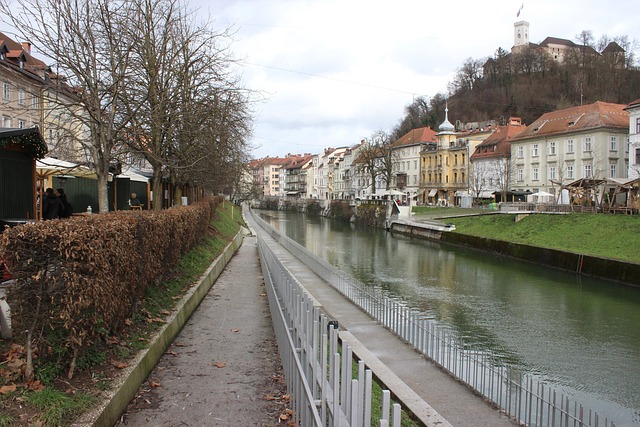In Karachi's Gulberg Town, property tax is a vital component of local governance, funding essential services and infrastructure through fair calculations based on location, size, age, and market value. While it presents challenges in calculation and compliance, the system offers significant benefits for community development and quality of life, requiring transparent management to optimize its potential.
Exploring property tax in Karachi’s vibrant Gulberg Town reveals a complex yet essential aspect of urban governance. This comprehensive guide delves into the intricacies of property taxation within this bustling area. From understanding the calculation methods and assessment processes to examining the benefits and challenges, we offer valuable insights for residents and stakeholders alike. Discover how property tax shapes the landscape of Karachi, influencing both its economic vitality and societal development.
- Understanding Property Tax in Karachi's Gulberg Town
- How Property Tax is Calculated and Assessed in the Area
- Benefits and Challenges of Property Taxation in Gulberg Town, Karachi
Understanding Property Tax in Karachi's Gulberg Town

Property tax is an essential component of Karachi’s Gulberg Town, a bustling metropolis within the larger city. It plays a crucial role in funding local services and infrastructure development. In this context, understanding property tax becomes vital for both homeowners and investors. The tax is calculated based on various factors, including property location, size, and age, ensuring a fair contribution from each property owner.
Karachi’s unique landscape demands a tailored approach to property taxation. Gulberg Town, known for its vibrant tapestry of residential and commercial spaces, requires efficient tax collection to meet the needs of its growing population. Homeowners and businesses alike must be aware of their tax obligations, enabling them to plan their finances effectively and contribute to the city’s overall development.
How Property Tax is Calculated and Assessed in the Area

In Karachi’s Gulberg Town, property tax is calculated based on a comprehensive assessment process. Local authorities evaluate each property’s unique characteristics, including its size, location, age, and market value. This detailed analysis ensures that taxation is equitable, aligning with the property’s contribution to local infrastructure and services. The assessment typically involves on-site inspections and analysis of comparable sales data in the vicinity.
The calculated tax base is then subject to a predetermined tax rate set by the Karachi Municipal Corporation (KMC). This rate varies depending on the type of property, its use, and other relevant factors. For instance, residential properties are taxed at a different rate than commercial or industrial ones. The KMC also considers revenue needs and budget allocations when determining these rates, ensuring that the tax system supports local development and maintenance efforts in the vibrant Karachi area.
Benefits and Challenges of Property Taxation in Gulberg Town, Karachi

The property tax system in Gulberg Town, Karachi, offers a double-edged sword—presenting both advantages and challenges for residents and the local administration. One of its key benefits is the revenue generation it facilitates, which plays a pivotal role in funding public services and infrastructure development within the town. This tax contributes to improving local amenities like parks, schools, and community centers, ultimately enhancing the quality of life for its inhabitants. Additionally, a well-structured property tax system encourages responsible land ownership and investment, fostering a healthy real estate market in Karachi.
However, navigating this process isn’t without hurdles. Residents often face difficulties in understanding complex tax calculations and assessment procedures, leading to complaints about unfair taxes. The challenge of keeping records up-to-date and accurately valuing properties further complicates matters. Moreover, ensuring compliance and timely payment can be a task, as some property owners may attempt to evade their tax obligations. In light of these challenges, the local authorities in Karachi must strive for transparency, efficient administration, and accessible information to streamline the property tax process, making it beneficial for both the community and the city’s development.
Property tax in Karachi’s Gulberg Town plays a pivotal role in shaping the city’s infrastructure and services. By understanding how it is calculated and navigating its benefits and challenges, residents can actively participate in community development. As Karachi continues to evolve, efficient property taxation becomes essential for a sustainable and prosperous future for all its neighborhoods, including Gulberg Town.



